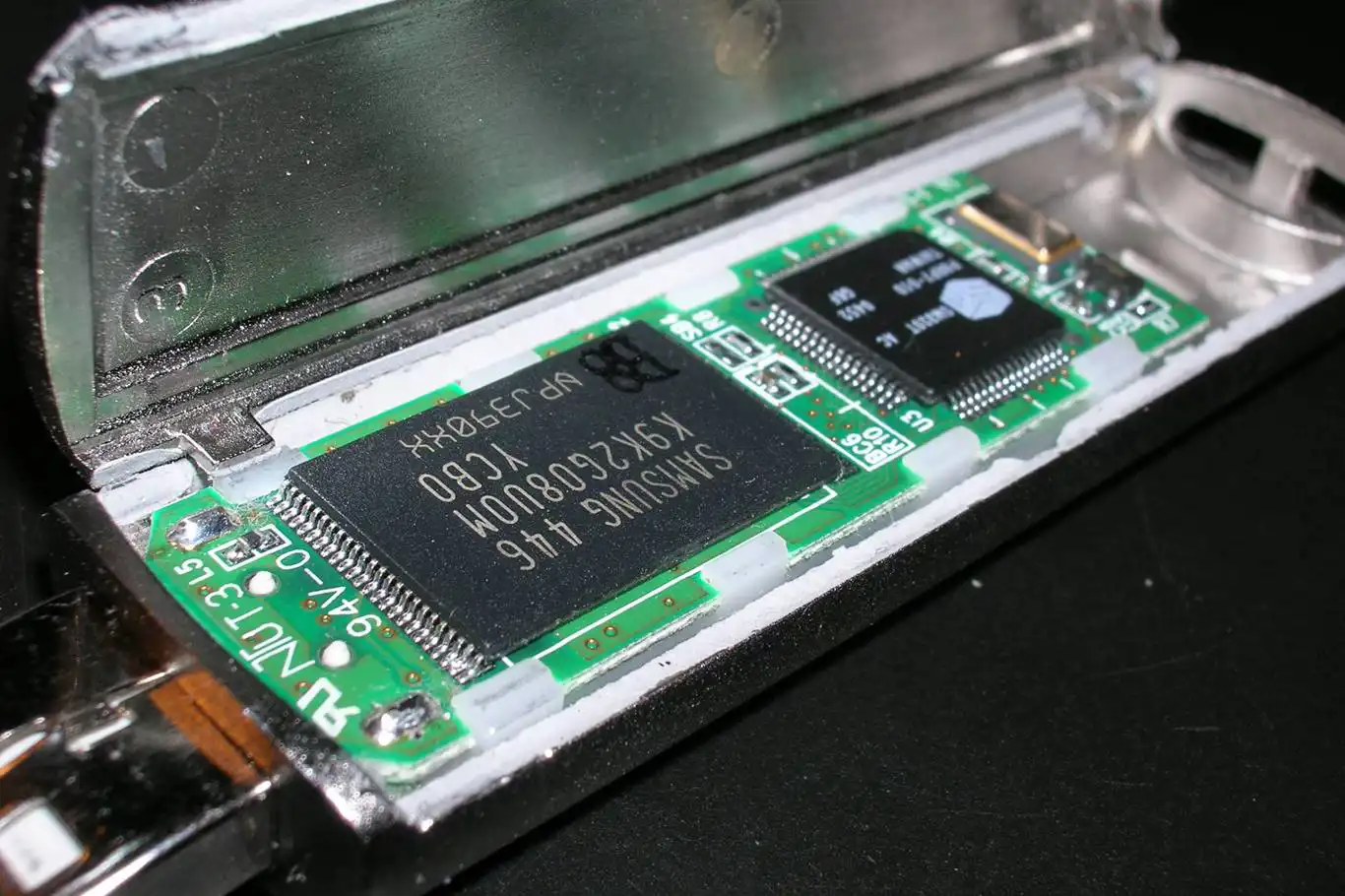Chinese scientists unveil world's fastest flash memory device


Researchers at Shanghai-based Fudan University have developed the fastest known semiconductor charge storage device, capable of achieving a record-setting programming speed of 400 picoseconds — equivalent to 25 billion operations per second.
The innovation represents a major leap in the field of non-volatile memory and promises transformative applications in high-speed computing and artificial intelligence.
The ultra-fast flash memory device, dubbed PoX, has shattered existing speed barriers in data storage. According to the research team, the breakthrough establishes an entirely new benchmark for memory technology, far surpassing previous records.
“This is like having a device that performs a billion operations in the blink of an eye, whereas a typical USB flash drive can only manage around a thousand,” said Zhou Peng, lead scientist on the project and researcher at the State Key Laboratory of Integrated Chips and Systems at Fudan University. “The previous global record was 2 million operations.”
The findings were published on Wednesday in the prestigious journal Nature, marking global recognition of the team's pioneering work.
For decades, improving the speed of non-volatile memory — data storage that retains information even without power — has remained a major challenge in the realm of integrated circuits. Volatile memory types like SRAM and DRAM are faster but lose data when power is cut, making them less suitable for energy-efficient or always-on AI systems.
The Fudan team’s innovation bridges this critical gap. Using a novel approach that leverages two-dimensional Dirac band structures, ballistic transport, and Gaussian length modulation, the researchers achieved what they call "super-injection" of charges into the memory’s storage layer.
“The traditional injection process has a speed cap — a theoretical limit,” explained Liu Chunsen, a co-researcher. “But super-injection enables virtually infinite charge injection rates, pushing the performance of non-volatile memory to its theoretical maximum.”
As computing shifts from instruction-driven models to data-centric, AI-based paradigms, high-speed memory access is becoming more critical. Non-volatile memory with extreme speed and energy efficiency is vital for handling massive AI workloads and maintaining low power consumption.
“AI systems are bottlenecked by the speed at which they can access data,” Zhou said. “Our technology breaks that bottleneck.”
Given its cost-effectiveness and widespread applications, flash memory has long been central to global technological infrastructure. Fudan’s breakthrough not only places China at the forefront of next-generation storage development but also offers a potential strategic advantage in the increasingly competitive field of AI hardware.
“Our innovation is expected to reshape the global storage landscape, catalyze industrial upgrades, and open doors to new applications,” Zhou concluded. “It will also help strengthen China’s leadership in advanced computing technologies.” (ILKHA)
LEGAL WARNING: All rights of the published news, photos and videos are reserved by İlke Haber Ajansı Basın Yayın San. Trade A.Ş. Under no circumstances can all or part of the news, photos and videos be used without a written contract or subscription.
Blue Origin has postponed the launch of its New Shepard Mission NS-37 after engineers detected an issue during routine pre-flight checks, the company said in an update.
The US National Aeronautics and Space Administration (NASA) has announced the successful completion of the assembly of the Nancy Grace Roman Space Telescope, marking a major milestone toward its upcoming launch and future scientific operations.
OpenAI has announced the release of a new version of ChatGPT Images, powered by its latest flagship image generation model, bringing faster performance and more precise image editing capabilities to users.
Malaysia’s communications regulator announced on Monday that major internet messaging and social media platforms with at least eight million users in the country will be automatically deemed registered as Class License holders beginning Jan. 1, 2026.